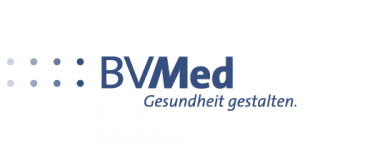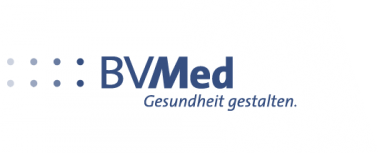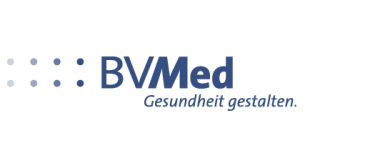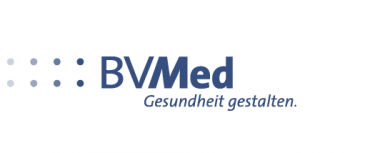Autoneum realigns financing sustainably
Due to the COVID 19 crisis and its significant impact on the automotive industry and Autoneum's course of business, the Company and a bank consortium have amended the existing long-term credit agreement in the amount of CHF 350 million, amongst others with regard to the financial covenants.
At the same time, the two major shareholders Michael Pieper and Peter Spuhler have agreed to extend the term of the subordinated loans of CHF 20 million each, granted in December 2019, subject to the financial performance of Autoneum Group and aligned with the credit agreement with the bank syndicate. As a result, Autoneum's liquidity and long-term financing continue to be secured on a sustainable basis.








































